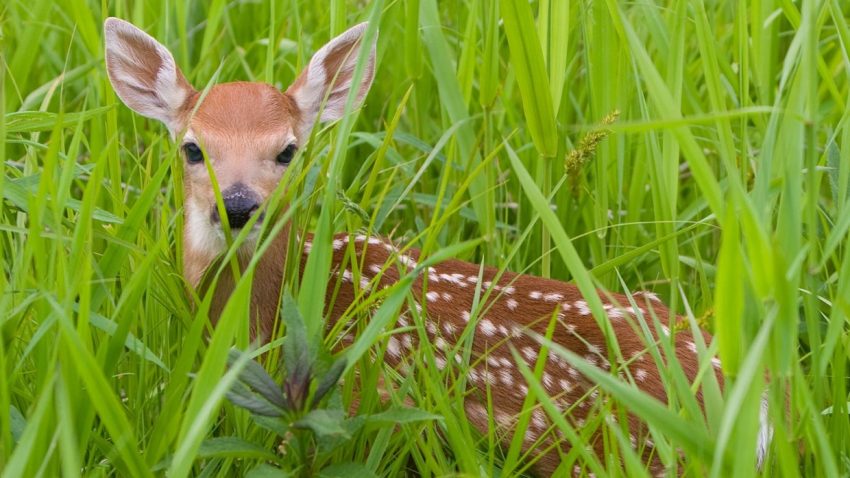Who among you has never happened, during a walk in a wood or in a city park, to come across a small bird fallen from the nest or a wounded animal? The first instinct is to get closer to see what the conditions of the unfortunate creature are and often the desire to help him turns into the desire to take him home with us. We know it sounds cruel but this is not the right thing to do.
What we can really do in full respect of nature is to contact the nearest center for the recovery and rehabilitation of wildlife and report the incident.
But why is that so? That’s what we are going to uncover in today’s article. So, if you are interested in learning more, keep reading below.
A Sad Truth
Let’s be sincere, how many times have we heard of people who have tried to keep wild animals in captivity hoping that they would become domestic and then have to get rid of them, in the most fortunate cases, due to the evident attitudes of impatience shown? A lot right? If not most of them.
Wild animals are not domestic like dogs and cats, and should be treated as such with full respect for their biological needs.
So here are five good reasons not to adopt a wild animal.
1. Detention is Illegal
The keeping of wild animals is illegal. This applies to baby crocodiles, as well as to the many species of monkeys that are victims of the illegal trade, but also to a small robin, a hare or a wall lizard.
2. It Is Not Possible to Domesticate a Wild Animal
The process of domestication of an animal species takes centuries. Dogs and cats lived alongside humans for thousands of years before becoming domesticated. Our love for them is not enough for this process to take place.
3. Wild Animals Are Often Carriers of Numerous Diseases
Did you know that many wild animals such as foxes, badgers, skunks can be healthy carriers of rabies and show no symptoms? Each year hundreds of people contract salmonellosis from wild reptiles and amphibians they come into contact with. So before bringing a wild animal into your home, think about it: you will avoid exposing yourself and your family to possible infections.
4. They Will Not Always Remain Babies
All baby animals are irresistible: clumsy, disproportionate and very sweet. But they will not stay like this forever and in a few months their natural instinct and the desire to return to freedom will grow in addition to their size.
They can bite, scratch, destroy furniture and much more. Generally when this happens most people get rid of it in a hurry, setting the animal free. Unfortunately, however, their fate is sealed: life in captivity has prevented them from developing the natural instinct to hunt and defend and it is unlikely that once they are back in the wild they will be able to survive.
5. Often They Don’t Need Our Help
Many animals we may encounter may seem abandoned to us but often this may not be the case. Many rodents, for example, keep a safe distance from their young or from the den during the day so as not to attract the attention of predators to them. The little ones, therefore, are left alone for most of the time. It may sound awful but this is the law of nature and is what it takes to teach babies to be in the world.
If we really want to help nature, we learn to respect it and if we find a wounded animal we contact the nearest recovery and rehabilitation center without hesitation. They will certainly know what to do. What are your thoughts on the matter? Let us know in the comments below.

